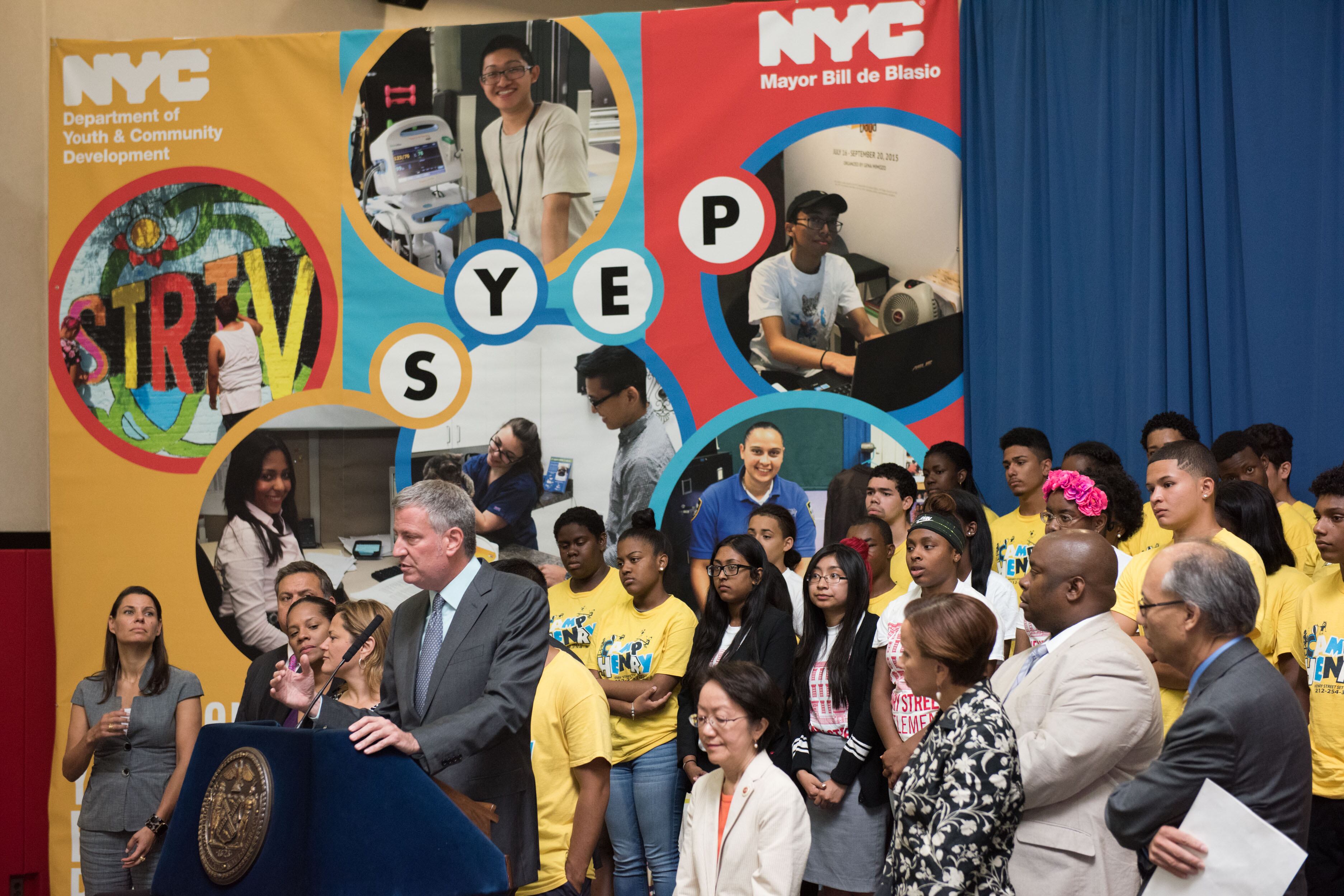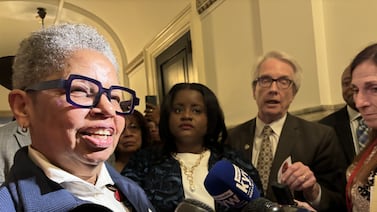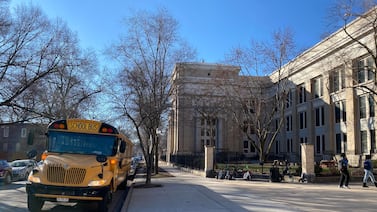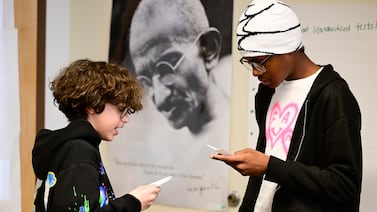Funding for New York City’s youth employment program may be restored to previous levels, after having been slashed this past summer, following the coronavirus pandemic and a resulting economic crisis.
The city’s preliminary budget plan for next fiscal year sets aside $132 million for the youth jobs program, said Daphne Montanez, the assistant commissioner of youth workforce programs at the Department of Youth and Community Development. That’s nearly level with city funding from the 2019 summer program, which paired with state, federal, and some private money, provided jobs for 74,500 youth. Last summer, due to the economic fallout from the pandemic and social distancing concerns, the city spent significantly less: $51 million to provide roughly 35,000 slots in a revamped, virtual set-up that focused on career exploration and project-based learning.
Testifying Wednesday during a City Council oversight hearing, Montanez said it remains unclear what the program will look like this summer, given that virus positivity rates are again on the rise. Officials are planning for “every potential possibility” acknowledging that it’s not yet clear whether the program would be in person.
“I don’t think anyone knows exactly what conditions will look like on the ground, what worksites will be open and able to take on large numbers of youth,” she said, noting that funding levels could also change for several reasons, including what the final program looks like.
Spokespeople for City Hall did not respond for comment on the mayor’s preliminary budget plan, which is the first of two proposals, plus a final budget plan, that he introduces every year. Some council members said Wednesday that they expected the mayor to present the preliminary budget on Thursday.
Last spring, as the virus raged across the city, Mayor Bill de Blasio abruptly canceled the youth jobs program, citing concerns for health and safety. De Blasio later acknowledged that the city’s anticipated $9 billion deficit also contributed. Advocates, providers, and the youth organization Teens Take Charge immediately protested the decision. Providers said they had already considered virtual offerings when the city suddenly axed the program.
The city eventually buckled to demands and created a virtual career-development program called “Summer Bridge’’ and offered stipends to 35,000 youth. It was funded through a mix of city and private dollars, as well as anticipated federal block grants to the state. But Montanez said on Wednesday that the state never released the roughly $23 million in block grants because the city’s virtual program did not meet certain state rules for using those dollars. (The state mandated providers offer “career exploration” activities to just 20% of their applicants, and that participants be age 14 or 15.) Shortly after the last budget passed, de Blasio said that he believed the grant money would come through.
State lawmakers who represent New York City had pushed the state to release the funds. Montanez said her department is still trying to persuade the state to reimburse the city. Anthony Farmer, a spokesperson for the state office that releases these funds, said its rules were adjusted to allow for some remote work in light of the pandemic.
“New York City was well aware its proposed program did not qualify under those rules yet moved forward any way,” Farmer wrote in a statement. “While all other counties met the requirements and are being reimbursed, New York City’s program did not meet the basic requirement for inclusion as a Summer Youth Employment Program — providing youth with a job.”
Because of 11th-hour budget decisions last summer, some providers had little time to prepare to welcome participants. Providers and City Council members raised this concern during Wednesday’s hearing, pressing the department to partner closely with providers early. Montanez said the department is in the “beginning stages” of planning and will ask providers about how many youth they can accommodate this year and what sort of program models they can create.
Many participating organizations have had “their trust shaken” after last year’s abrupt cancellation, said J.T. Falcone, a policy analyst with United Neighborhood Houses, which represents many providers. Such providers this year want an early funding commitment so that they have time to plan, Falcone said.
“Providers have a lot of thoughts, and there is a huge variation across the board of what different people are capable of and thinking of,” Falcone said. “Those conversations need to happen now.”
Students are also asking for a seat at the table.
Carmen Lopez Villamel, a senior at Manhattan’s Beacon High School, said Teens Take Charge “had to scramble” to tell their peers that the program was back on. Then they ended up fielding many messages and phone calls from those confused by the application process because “we, a group of 16- and 17-year-olds, were trying to make SYEP work for our peers,” Villamel said, referring to the jobs program.
“If SYEP is going to happen, we have to be included now, and it also means that we need a budget that ensures every young person who applies for SYEP will get a job,” Villamel added.
City lawmakers, summer job providers, and Teens Take Charge said they will also push for the city to make the program “universal,” meaning that anyone who applies receives a slot. Falcone said that an analysis of past application numbers shows that about 150,000 spots would be enough for every eligible youth who wanted a job.
Public Advocate Jumaane Williams and Manhattan Councilman Ben Kallos are also urging council members to pass a bill introduced last year to create a separate program that would offer summer or part-time school year jobs to any youth aged 14-21 who attend a middle or high school.







